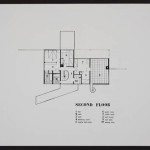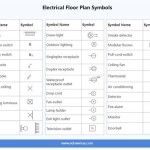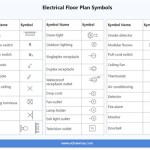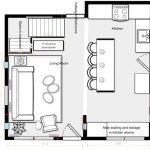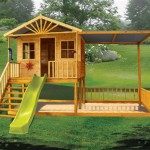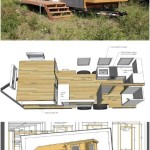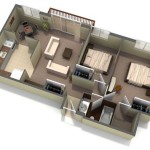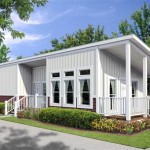House Plans For Rural Areas In Zimbabwe: Essential Considerations
Designing a house plan for rural areas in Zimbabwe requires careful consideration of various factors to ensure functionality, comfort, and sustainability in a unique rural setting. Here are some essential aspects to keep in mind when creating house plans for rural Zimbabwe.
Site Selection and Orientation
Choosing the right site is crucial. Consider factors such as topography, accessibility, soil conditions, and availability of natural resources like water and sunlight. Proper orientation of the house can optimize natural light and ventilation, reducing energy consumption and improving comfort.
Climate and Building Materials
Zimbabwe's rural areas experience diverse climatic conditions. Design plans should account for temperature fluctuations, rainfall patterns, and wind loads. Select building materials that are locally available, durable, and suited to the climate. For example, clay bricks, timber, and thatch roofing are commonly used in rural Zimbabwe.
Space Planning and Functionality
Rural houses should meet the specific needs and lifestyle of the occupants. Consider the number of bedrooms, bathrooms, living spaces, and other necessary rooms. Design for flexibility and adaptability to accommodate future changes or expansion.
Water and Energy Management
Access to reliable water sources is essential in rural areas. Include provisions for rainwater harvesting, well digging, or borehole installation. Energy-efficient design measures, such as solar panels, bio-digesters, and passive cooling systems, can minimize reliance on external energy sources.
Sustainability and Environmental Impact
Embrace sustainability principles to minimize environmental impact. Utilize local and renewable materials, incorporate energy-saving technologies, and consider water conservation measures. Protect natural vegetation and incorporate landscaping that enhances biodiversity and provides food sources.
Community and Cultural Considerations
Respect local building traditions and community aesthetics. Involve the community in the design process to ensure the house aligns with their cultural values and social needs. Consider communal spaces, shared facilities, and designs that foster a sense of belonging.
Local Expertise and Regulations
Collaborate with local architects, builders, and contractors familiar with the specific challenges and requirements of rural Zimbabwe. They can provide valuable insights and ensure compliance with building codes and regulations.
Additional Considerations:
- Consider passive cooling techniques like cross-ventilation, high ceilings, and shaded windows.
- Utilize natural lighting to reduce electricity consumption.
- Design for accessibility and safety, especially for disabled or elderly occupants.
- Plan for adequate storage space and outdoor living areas.

Zimbabwe Rebuilds Rural Homes To Withstand Climate Changes

Rural House Plans Zimbabwe

House Plan Design Tour 3 Bedroom Village Home To Be Built In Zimbabwe

Rh01 Zimbabwe Building Materials Suppliers

Best Architects Or House Designers To Consider For A Rural Farmhouse Plan In Zimbabwe

Rural House Plans Zimbabwe

Zimruralbuildingiidea Zimrural S With High Adekunle Gold Davido Tiktok

National Building Society Nbs Communities In Zimbabwe

Cost Estimations Palmer Construction Zimbabwe

4 Bedroom House Plan Medium Density Palmer Construction Zimbabwe

